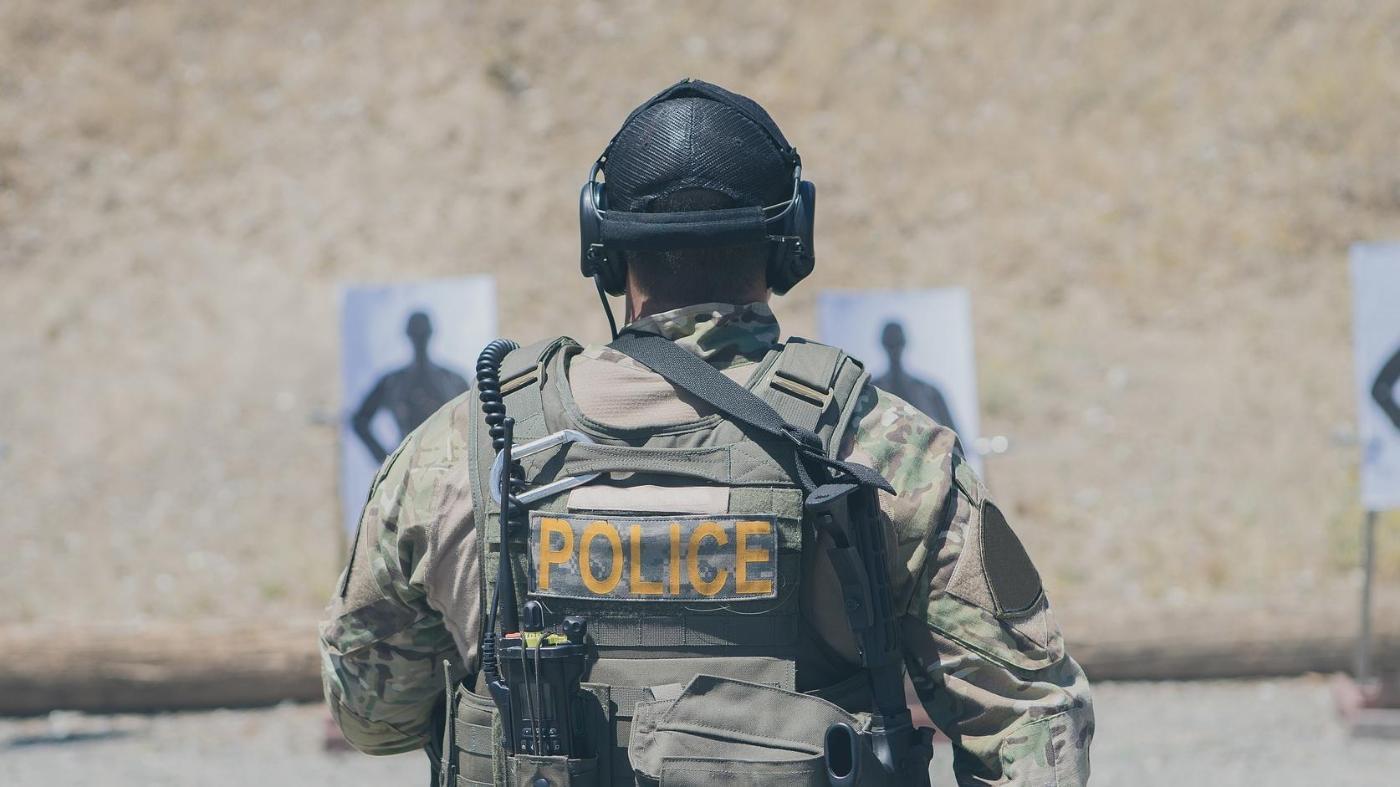A statewide task force examining race and the criminal justice system in the state of Washington has developed a comprehensive set of 140 recommendations aimed at reducing or eliminating the disproportionate impact of the legal system on people of color.
The recommendations cover 14 areas within the criminal justice system, including policing, language access, community reentry, and sentencing.
Melissa Lee, assistant director of the Fred T. Korematsu Center for Law and Equality at Seattle University School of Law, who helped coordinate the statewide task force’s recommendations report, said the report reflects months of thoughtful collaboration and discussion among the group’s members.
“Following the death of George Floyd, our state’s Supreme Court acknowledged that the devaluation of people of color is a persistent feature of our justice system,” Lee said. “This report provides a roadmap of concrete actions our state can take to counteract the effects of racism.”
Convened by Washington’s three law schools — Seattle University School of Law, University of Washington School of Law, and Gonzaga University School of Law — in response to the Floyd killing in Minneapolis in 2020, the Task Force on Race and the Criminal Justice System presented its research findings to the Washington Supreme Court in September of 2021 (See the court’s press release here.) The latest report was produced by the task force’s Recommendations Working Group.
“The recommendations represent hundreds of conversations with stakeholders to reshape our justice system to serve everybody,” said Judge André M. Peñalver of Pierce County Superior Court and a member of the Recommendations Working Group. “But putting those recommendations down on paper is only the start of the conversation. We, the stakeholders, need to keep it up to ensure that we implement what recommendations we can and continue to hone our recommendations for the future.”
Among the report’s recommendations:
- Police should phase out the use of canines for arrests.
- Police should not provoke or antagonize peaceful protesters.
- Police departments should phase out and ban most uses of military equipment and camouflage clothing.
- Law enforcement agencies should incorporate training on implicit bias into their use-of-force trainings.
- The state legislature should require that local jurisdictions establish a new branch of civilian first responders to respond to lower-risk 911 calls, including calls related to mental health, substance use issues, and homelessness.
- Money bail should only be imposed as a last resort and a meaningful “ability to pay” analysis should be used by courts to significantly limit the use and amount of any bail imposed.
- Courts and defender offices should implement automatic text reminder systems for court appearances.
- Cap the number of years available for any crime to the evidence-based length of 20 years and expand parole eligibility.
- The Department of Corrections should end the use of solitary confinement.
Each recommendation is accompanied by a designation of which body within the criminal justice system has the capability of implementing the recommendation, whether that be municipal law enforcement agencies, the state legislature, county courts, or prosecutor’s offices, among others.
Ali Hohman, director of legal services at the Washington Defender Association and a member of the Recommendations Working Group, described a sense of urgency for implementing the recommendations.
“Now is the time for significant reform. The data, historical impacts, and input from impacted communities during this process have demonstrated that Washingtonians are eager for a fairer and more responsive criminal legal system,” she said.
“Reforms are especially critical as the system is hitting a tipping point as the state and local governments grapple with understaffing, COVID case backlogs, and constitutionally required resentencings.”

